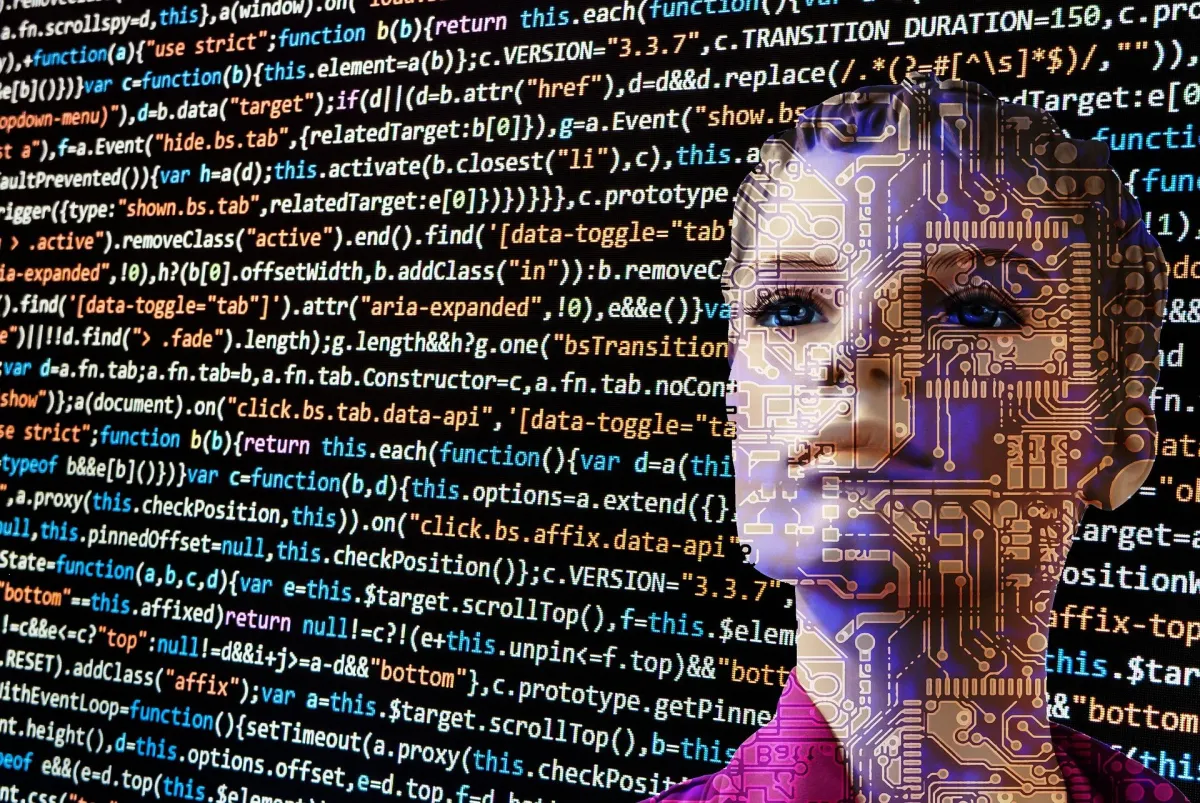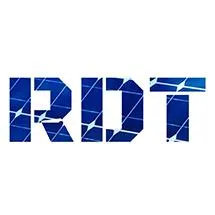
The Ethics of AI: Balancing Progress and Responsibility
“Artificial Intelligence (AI) has entered our lives in profound ways, from voice assistants like Siri and Alexa to complex algorithms guiding our online experiences.” - Lynn Chittick
Introduction:
These advancements promise to revolutionize industries, from healthcare and finance to transportation and beyond. However, as we navigate the uncharted territory of AI, it becomes increasingly crucial to examine the ethical implications of this technology.
In this article, we will explore the multifaceted landscape of AI ethics, delving into the intricate web of questions that arise when we balance the progress of AI with our responsibility to ensure its ethical development and deployment.

The Ethics of AI
The Ethical Quandaries of AI
The rise of AI introduces a host of ethical dilemmas that extend across various domains:
Privacy Concerns: AI often relies on vast amounts of personal data to function effectively. The question of how this data is collected, stored, and used is at the forefront of AI ethics. Are individuals adequately informed about the use of their data, and is their consent truly informed?
Algorithmic Bias: Machine learning algorithms learn from historical data, which can carry biases. When this data is used to make decisions about individuals, it can perpetuate discrimination. How do we ensure fairness and mitigate biases in AI systems?
Transparency and Accountability: Some AI algorithms operate as "black boxes," making it challenging to understand how they arrive at their decisions. This lack of transparency raises concerns about accountability. Who is responsible when AI systems make mistakes or biased decisions?
Autonomous Decision-Making: As AI systems become more autonomous, they may make decisions with significant consequences, such as autonomous vehicles making split-second choices on the road. Who bears responsibility for these decisions, and how do we ensure they align with ethical principles?
Economic and Societal Impact: Automation through AI could lead to job displacement in certain industries. How do we address the economic and societal implications of these changes and ensure a just transition for workers?
Responsible AI Development
Addressing these ethical concerns requires a proactive approach to AI development. Here are key steps to fostering responsible AI:
1. Ethical Frameworks: Establish clear ethical frameworks and guidelines for AI development and deployment. These frameworks should prioritize fairness, transparency, accountability, and the protection of individual rights.
2. Bias Mitigation: Implement measures to identify and reduce bias in AI algorithms. This includes continuously auditing and retraining algorithms to ensure they do not discriminate against certain groups.
3. Transparency: Make AI decision-making processes more transparent. This involves providing explanations for AI-driven decisions and enabling external audits to maintain accountability.
4. Data Privacy: Strengthen data privacy protections. Ensure that individuals have control over their data and are informed about how it is being used. Implement robust security measures to safeguard data.
5. Education and Awareness: Raise awareness about AI ethics among developers, businesses, policymakers, and the general public. Encourage the adoption of ethical AI practices and provide resources for ethical AI design and development.
Real-World Implications
To understand the real-world impact of AI ethics, consider some practical scenarios:
In healthcare, AI-driven diagnostic tools can enhance patient care, but they must address concerns about patient privacy and the accuracy of diagnoses.
In criminal justice, predictive policing systems may help prevent crimes, but they risk perpetuating biases in arrests, raising questions about fairness and justice.
Autonomous vehicles promise safer roads, but they prompt discussions about liability in case of accidents involving self-driving cars.
Social media platforms use AI algorithms to shape our online experiences, but they can also amplify misinformation and polarization, sparking debates about the responsibility of tech companies.
The Future of AI Ethics
As AI continues to advance, so will the complexity of its ethical challenges. However, this challenge is one worth embracing. Responsible AI development can lead to a more equitable, just, and inclusive technological landscape. Collaboration between governments, businesses, researchers, and civil society is essential in shaping a future where AI contributes positively to our society, driving innovation while upholding fundamental values and principles.
In conclusion, the ethics of AI represent a pivotal point in our technological journey. Balancing progress with responsibility requires us to confront difficult questions, make informed choices, and prioritize ethical considerations in AI development and deployment. The future of AI ethics is not just a matter of technological advancement; it's a reflection of our commitment to creating a better, more ethical world. By navigating the ethical complexities of AI, we can ensure that AI benefits all of humanity while minimizing harm and promoting fairness and transparency.
Our Partners







